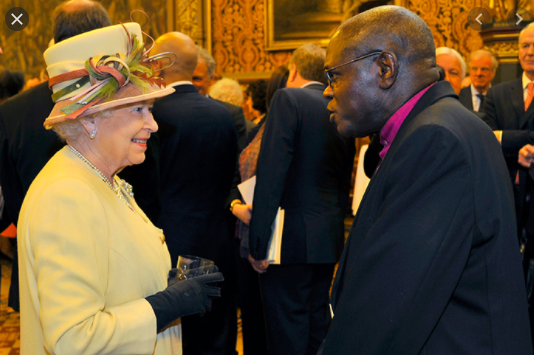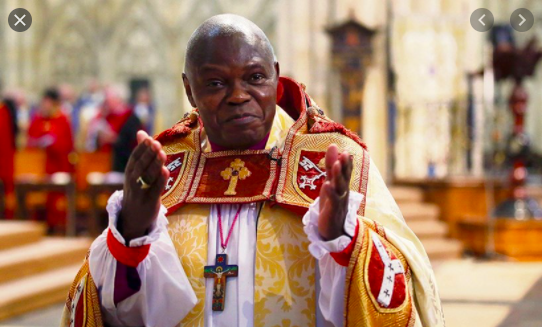Former Archbishop John Sentam, reflects on his long struggle against injustice
- Kia Fullerton
- Jun 11, 2020
- 2 min read
The Church of England says goodbye to one of its most powerful and prophetic figures, as Archbishop John Sentamu steps down after 15 years as the C of E’s second in command.
The journey from Uganda to York, via Cambridge, London and Birmingham, has been marked as a prominent moment of contribution to the life and faith of both church and nation.
In light of national debates on racism, inequality and brutality, Sentamu has stood against injustice and paves a way for the next generation to come.
As a high court judge in Uganda and opponent of the regime of Idi Amin, Sentamu refused to dismiss the crimes of one of Amin’s family. Defying an order to deliver a not guilty verdict, he was arrested, and badly beaten in a prison cell, describing the situation as "being kicked around like a human football".
He suffered severe internal injuries and was smuggled by Keith Sutton an English priest and later Bishop of Lichfield, with his wife out of Uganda upon his release from prison in 1973.
Taking ownership as an archbishop, Sentamu’s priorities focused the renewal of discipleship in the church, advocacy for the poor and the need for a living wage, investment in young people and equipping the church to rediscover its confidence in talking about Jesus.
In Birmingham, he reviewed staffing, clergy numbers and finances across the diocese, as well as making the diocesan administration more efficient and reducing the plethora of committees and councils that served the church.
While other bishops were praised for similar acts, Sentamu was criticised by some "for behaving like an African chief".
Sentamu’s appointment to York was described by one broadsheet at the time as "political correctness gone gloriously sane" and for the first time in its history, the Church of England had a black archbishop.
As an adviser to the Macpherson Inquiry into the death of Stephen Lawrence and as chairman of the inquiry into the investigation into the murder of Damilola Taylor. Sentamu expressed his own personal experience of institutional racism.
During his time in London, he was stopped and searched by the police eight times. Other racial experience include an incidents, where “There was a lady who didn’t want me to take her husband’s funeral because I was black... We received letters with excrement in," Sentamu said.
Despite the negative experiences Sentamu faced, he continued to demonstrate acts of public symbolism. For instance, when he famously cut up his dog collar live on air to highlight the abuses being carried out by the Mugabe regime in Zimbabwe.
As archbishop, he encouraged bishops from across the north to go out together on missions to towns and cities, where Sentamu would interact with a range of people from shoppers to schoolchildren to talk about God.
Over the past five years Sentamu’s Northern Bishops’ Missions have taken place in Sheffield, Blackburn, Durham, Cumbria, Newcastle, Liverpool and Nottingham and ended the mission in York in March, just before the lockdown.
Having served as archbishop for the community for 15 years, there is no doubt that Sentamu will continue to stand for the voiceless, speak out against injustice and spread the word of God.















Kommentare